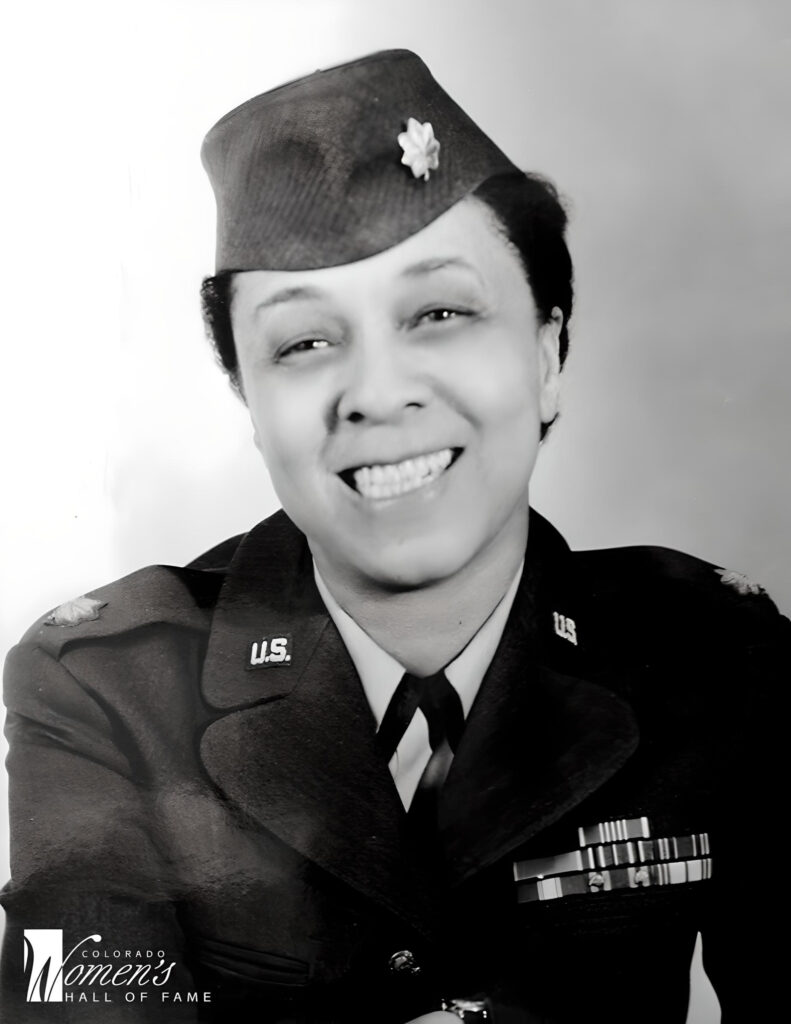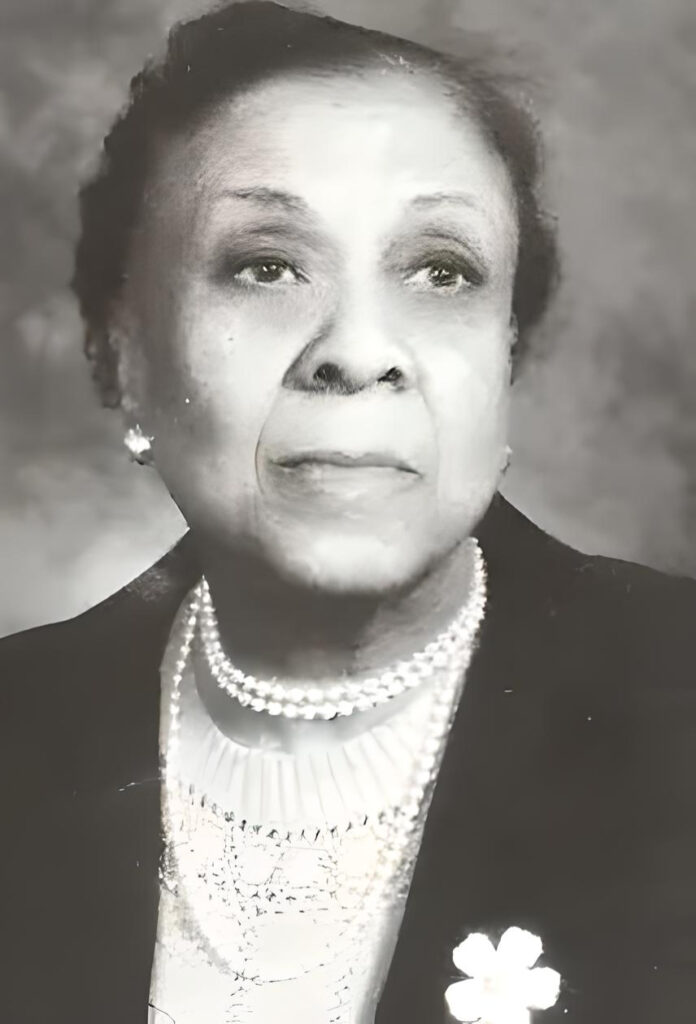Black Women in the Military

So much of what we, as Black people, enjoy today stems from the fruits of the labors of those upon whose shoulders we stand. To deny and obliterate the history of Black people in America ends all possibility to fully understand race matters in this country, particularly the painful parts. The goal is not to hold on to injustices but to celebrate achievements.
In recognition of Black History Month 2024, I salute all men and women of the armed services. Because of my own time served as a United States Marine, I pay homage to one that I find particularly deserving of being honored, Oleta Lawanda Crain, an African American military officer, civil servant, and civil rights advocate with a focus on women’s rights.
Born in 1913 in Earlsboro, Oklahoma, and growing up in Wewoka, she graduated from Douglass High School and received her bachelor’s degree from Lincoln University in Jefferson City, Missouri. An undergraduate degree in business administration would follow from the University of Maryland’s extension in Heidelberg, Germany. As Major Crain, she would complete additional coursework at Harvard and Cambridge University in England and the School of International Relations in Vienna, Austria.
The United States Army was the first U.S. military branch to enlist women when, in May 1942, Franklin D. Roosevelt signed the Women’s Army Auxiliary Corps (WAAC) into law. The idea was to use women to fill specific administrative positions, freeing the men to serve in combat. These jobs were limited to “female appropriate” positions such as drivers, clerical, medical, and cooks. Oleta enlisted after being inspired by a WAAC poster encouraging women to join the war effort. She would only later learn they had not been speaking to her. Undeterred, she forged ahead, was promoted to corporal, and became leader of an African American unit.
In September 1943, Congress authorized the Women’s Army Corps (WAC), making women an official part of the Army, and upon being discharged from the WAAC, Oleta became one of only three Black women out of 300 women nationwide selected to officer training, entering as an Army Air Force Second Lieutenant. Although constantly exposed to racial discrimination by her peers and superiors, after the war, First Lieutenant Crain would be the only Black female officer to be retained by the military. Using her singular and unique position, in the wake of raising concerns about segregation, racism, and sexism, she was promoted to Captain and, in 1948, was transferred to Westover Air Force Base in Massachusetts to work in intelligence. Accused of being a communist by her superior officer, following many months of investigations, she was vindicated of any wrongdoing, emerging from the fiasco with a top-secret security clearance. As personnel director at Elmendorf Air Force Base in Anchorage and staffing office at Lindsey Air Station in Germany, Oleta retired from active duty in June 1963 with the rank of Major.
Far from done, the U.S. Department of Labor in Washington, D.C., hired her, and she went to work as a human resources development specialist. Moving to Boston, she took an associate regional administrator position. She taught and attended night school for five years to earn a master’s in public administration. By the mid-1970s, she had been transferred to Denver to serve as regional administrator of the Women’s Bureau for Colorado, Montana, North Dakota, South Dakota, Utah, and Wyoming.
Focusing on improving women’s employment conditions, wages, and career options, she also supervised conferences on childcare, health benefits, job training, working conditions, and earnings equality. She retired in 1998.
Oleta Lawanda Crain’s distinguished service and humanitarian awards are numerous, and in 1988 was inducted into the Colorado’s Women’s Hall of Fame.

On November 7, 2007, at the age of 94, Ms. Crain died. She dedicated her collection of documents from her military service to the Blair-Caldwell African American Research Library in Denver. A Delta Sigma Theta, the Denver chapter of the sorority, established the Oleta Lawanda Crain Scholarship in her honor.
The U.S. Department of Labor posthumously cited her contributions during Black History Month in 2018, whose theme was African Americans in Times of War.
May her memory be a blessing and an inspiration to all.
